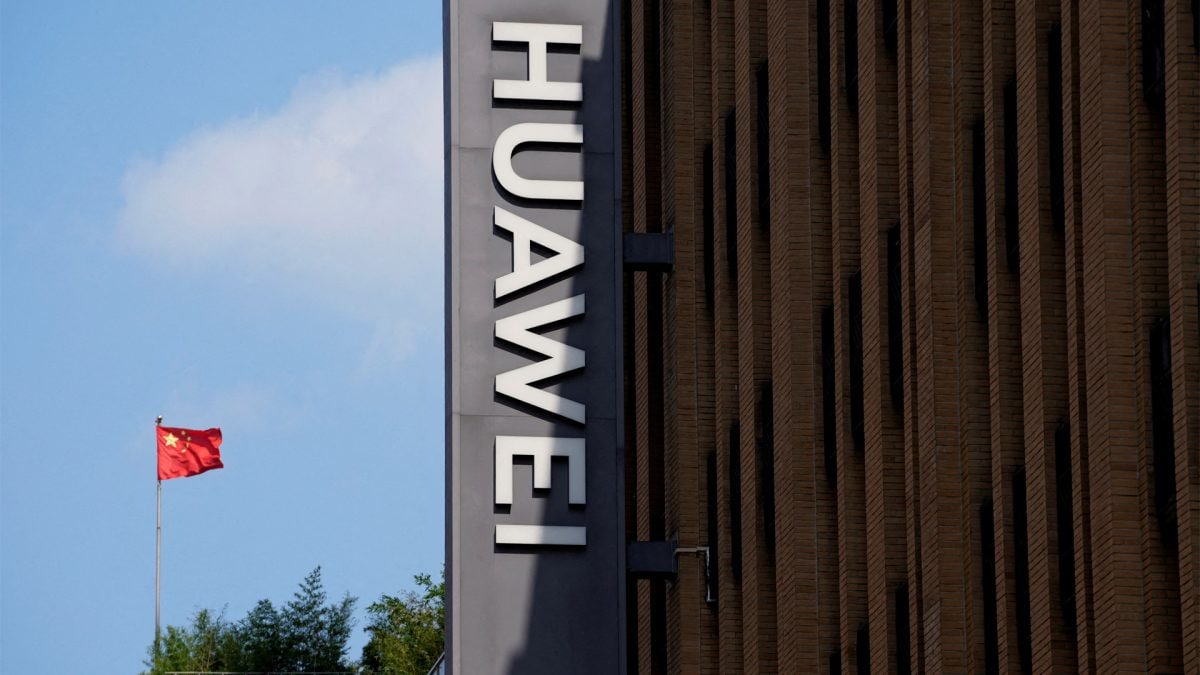The Chinese tech giant has approached potential buyers in the United Arab Emirates, Saudi Arabia, and Thailand to promote its older-generation Ascend 910B processors
read more
Huawei Technologies Co. is attempting to export small batches of artificial intelligence chips to the West Asia and Southeast Asia, aiming to break into markets currently dominated by Nvidia Corp., despite manufacturing limitations.
The Chinese tech giant has approached potential buyers in the United Arab Emirates, Saudi Arabia, and Thailand to promote its older-generation Ascend 910B processors,
Bloomberg reported citing people familiar with the matter. The UAE and Saudi Arabia have already signed multiyear deals for more than a million Nvidia and AMD chips, while Thailand’s AI development also depends heavily on Nvidia.
Huawei is reportedly offering volumes of the 910B in the low thousands, although the exact numbers vary by pitch. The company is also promoting remote access to CloudMatrix 384, an AI system based in China built with the more advanced Ascend 910C chips, the people said. One person familiar with the company’s plans said Huawei is not prepared to export the 910C yet due to limited availability and is prioritising sales within China to firms that cannot buy top-tier US chips.
No confirmed deals have emerged from these outreach efforts, but Huawei’s proposals demonstrate its aim to expose international AI markets to its technology while ramping up production capacity. The initiative has attracted attention from US policymakers, who remain concerned about the spread of Chinese-built AI infrastructure and want to ensure American technology leads globally. Huawei itself has acknowledged that its Ascend chips lag behind Nvidia’s by at least one generation.
In the UAE, parties including the Mohamed bin Zayed University of Artificial Intelligence have not expressed interest, according to the sources. The status of discussions in Thailand remains uncertain. The UAE government and university did not respond to requests for comment, and Thai officials were unavailable due to a public holiday.
Huawei has also reportedly pursued a deal involving about 3,000 Ascend chips in Malaysia, according to Bloomberg News, though it is unclear where those negotiations stand. Saudi Arabia appears more receptive, particularly through the Saudi Data and AI Authority, or SDAIA, one source said, describing those talks as “advanced”.
The Saudi government did not immediately respond to requests for comment. A SDAIA spokesperson said, “at this stage, we’re not in a position to provide a comment as the matter is outside our current scope.”
According to a former Trump administration official, Huawei is only expected to produce 200,000 AI chips this year, most of which will be delivered within China, where demand exceeds one million chips. This estimate excludes a stockpile of 2.9 million Ascend 910B chip dies that Huawei reportedly acquired from Taiwan Semiconductor Manufacturing Co.
Commerce Under Secretary Jeffrey Kessler told US lawmakers last month that Washington “shouldn’t take too much comfort in the fact that China’s production of these advanced chips is relatively small, because we know they have global ambitions.”
Huawei declined to comment. The information in this report is based on interviews with around six individuals familiar with the matter, who spoke on condition of anonymity. Earlier this year, Huawei stated it had not shipped Ascend chips to Malaysia, and the Malaysian government has also distanced itself from that private-sector effort.























